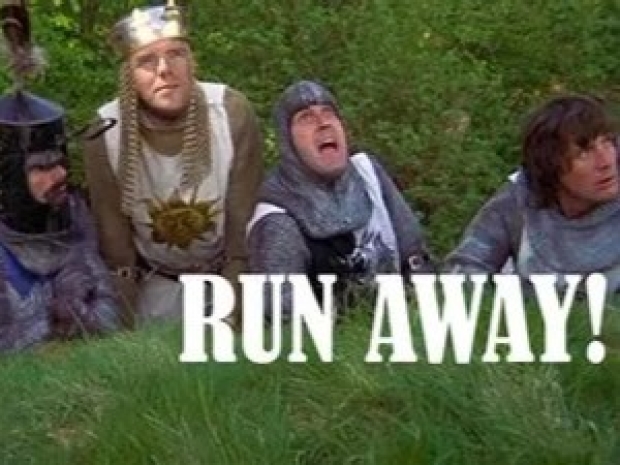Several celebrities, including Toni Braxton and Sara Bareilles, announced that they will leave the social media platform following Elon Musk's purchase. Braxton in particular concerned about the sudden uptick in hate speech.
Jameela Jamil, sent her "last tweet" saying: " "I fear this free speech bid is going to help this hell platform reach its final form of totally lawless hate, bigotry, and misogyny. Best of luck."
Author Amy Siskind warned: "People need to understand that this is no longer a public company. Every post you make here is free content to enrich one man, Elon Musk."
Still, it has not all been one way traffic. Some celebrities coming back to the site, after being banned in the past include the likes of Fox New's Tucker Carson, and Mark Levin. You will be also able to hear the words of wisdom of Zayn Malik and Marjorie [Jewish Space Laser] Taylor Greene who were banned or quit before but now feel that they will have a save space. Donald Trump is apparently not coming back.
But the exodus from Twitter has had a knock on effect on other social notworking sites. Some 70,000 new users joined Mastodon in the day immediately following Musk’s assumption of the Twitter reins. No doubt Mastodon being designed to specifically disallow primary control of its platform by eccentric billionaire types like Elon Musk is one element of the attraction. But beyond the numbers and the PR talking points, what is Mastodon – and is it really the best Twitter alternative out there?
On paper, Mastodon is an open source, decentralized social media platform that functions very similarly to Twitter. You’ll find comparable microblogging features and can make posts up to 500 characters – referred to as ‘toots’ instead of ‘tweets’, which is objectively amusing. There are, however, some clear ways in which Mastodon differs from Twitter which help it stand out. The most prominent of these is how the platform’s servers operate.




